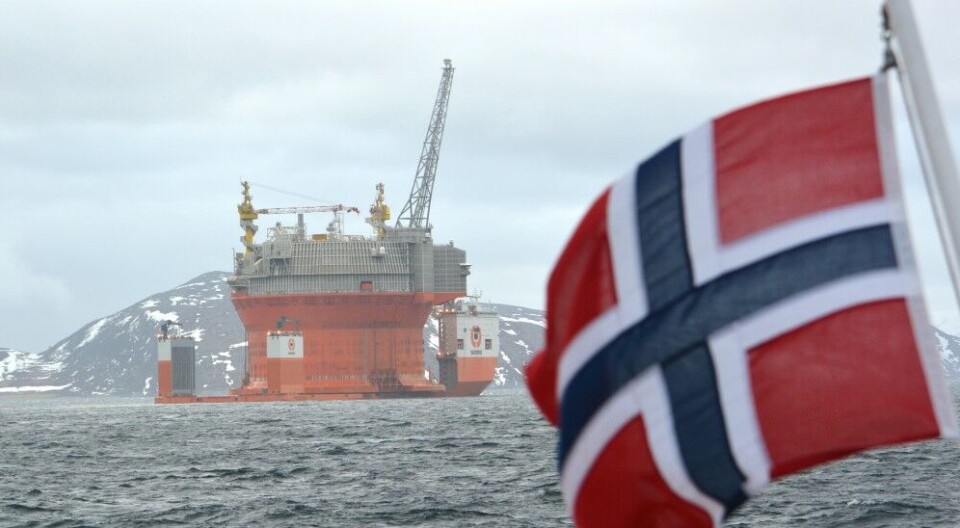
Big carbon footprint makes Norway a fading star in UN Human Development ranking
The Nordic country that has topped the UNDP's Human Development Index for years is falling behind when it comes to climate standards.
For three decades, Norway has been a leading star in the annual reports issued by the UN Development Programme (UNDP).
But this year, the country that is backed by an oil-fueled economy, looses significant ground in the publication following the UN body’s inclusion of standards for so-called planetary pressure.
In his introductory comments to the report, UNDP Administrator Pedro Conceição underlines that serious energy transition and cuts in climate gas emissions is direly needed.
The report that is titled The Next Frontier calls for countries to significantly reduce pressure on the planet by easing material footprints
“Humans have achieved incredible things, but we have taken the Earth to the brink,” Conceição says. “Climate change, rupturing inequalities, record numbers of people forced from their homes by conflict and crisis—these are the results of societies that value what they measure instead of measuring what they value,” he adds.
“Advancing human development while erasing such planetary pressures is the next frontier for human development, and its exploration lies at the heart of this 30th anniversary edition of UNDP’s Human Development Report,” the UNDP leader underlines.
New development standard
In the so-called Planetary Pressures-Adjusted Human Development Index (PHDI) Norway ends up in the 16th position of 185 countries.
The country is still on top of the regular Human Development Index (HDI) that includes life expectancy, schooling and per capita income.
However, with the UNDP’s growing stress on issues of planetary pressure, Norway is unlikely to make it back to the top of the list any time soon. The country’s oil production will in 2020 be the highest in a decade, and a big number of new exploration blocks in the Barents Sea are now opened for oil companies.
Sweden
Norway is not the only country that is making a significant slide down the ranking. Also neighboring Finland is seeing a big drop when issues of planetary pressure are included. Finland is number 30 in the adjusted index, compared to number 11 in the regular ranking.
As a matter of fact, of the more 60 highest ranked human development countries, only 10 are still classified as very high human development when it comes to the PHDI.
Among the few exceptions is Sweden, which is the by far best Nordic country in the new index. The country is the 6th best in the PHDI, one place higher than the regular HDI.
Devastating fossile fuels
The new development standard is calculated as the arithmetic mean of indices measuring carbon dioxide emissions per capital, the report explains.
Key issue is the countries’ energy transition away from fossil fuels, as well material footprint per capita
A country’s material footprint measures the amount of material extracted to meet domestic final demand for goods and services, regardless of where extraction occurs. That includes biomass, fossil fuels, metal ores and nonmetal ores.
If a country puts no pressure on the planet, its PHDI and HDI would be equal, but the PHDI falls below the HDI as pressure rises, the UNDP explains.
















